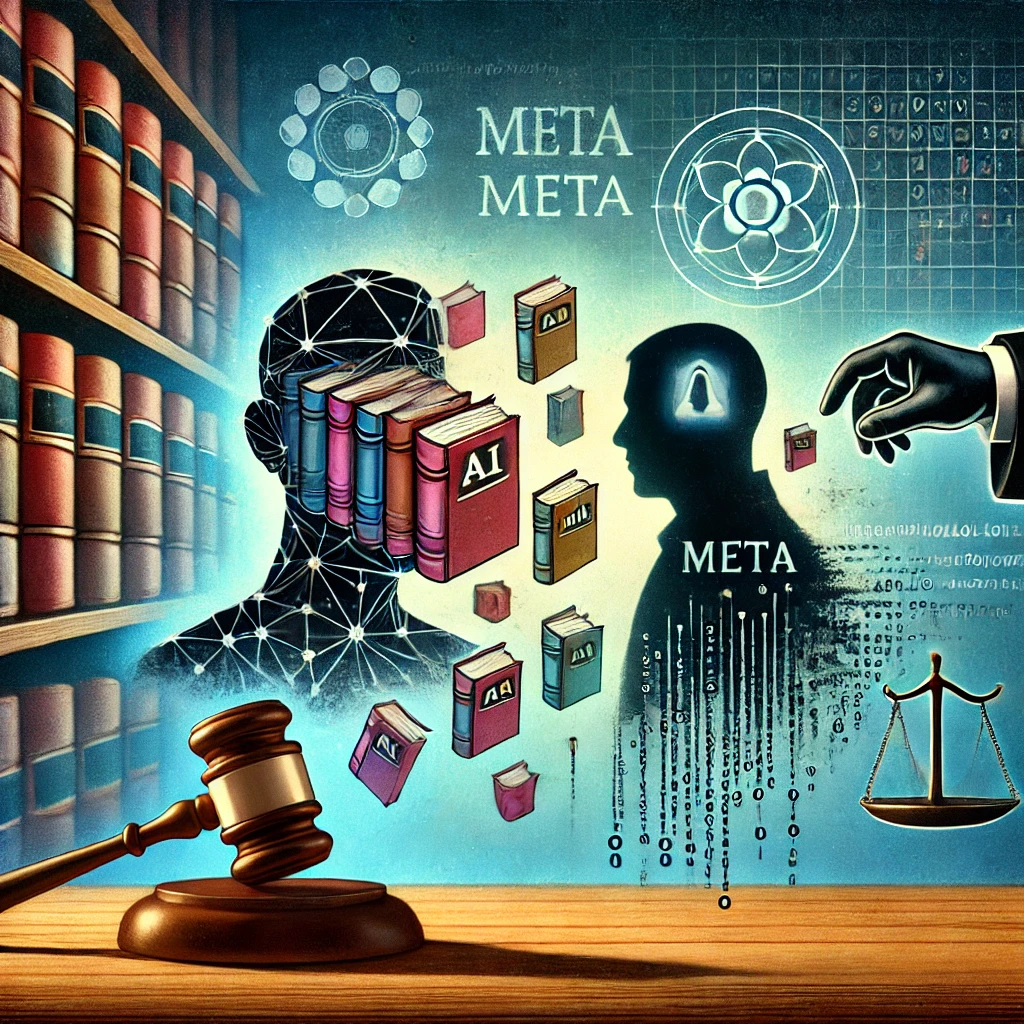A new court filing has brought Meta, the parent company of Facebook and Instagram, under scrutiny as authors allege that Mark Zuckerberg approved the use of copyright-protected books from the LibGen dataset to train the company’s artificial intelligence models. The allegations are part of a lawsuit filed by a group of authors against the tech giant, claiming intellectual property violations.
Internal Communications Under Fire
The filing cites internal communications within Meta, which reportedly reveal that Zuckerberg backed the use of the controversial LibGen dataset, described as a vast online repository of books, many of which are pirated. These communications also show that members of Meta’s AI executive team had raised concerns about the dataset’s legal and ethical implications.
One internal message stated:
“Using a dataset we know to be pirated, such as LibGen, may undermine our negotiating position with regulators.”
Despite these warnings, the filing claims that the dataset was used to train Meta’s AI models.
Implications for Meta
The allegations pose significant legal and ethical challenges for Meta. If proven true, the use of pirated material could not only damage the company’s reputation but also jeopardize its ongoing negotiations with regulators, particularly concerning intellectual property and data ethics.
The case underscores the growing tension between the need for large datasets to train advanced AI models and the ethical and legal frameworks surrounding data usage. As the lawsuit unfolds, it is expected to shed light on the practices of AI development at Meta and possibly set precedents for future cases in the tech industry.


